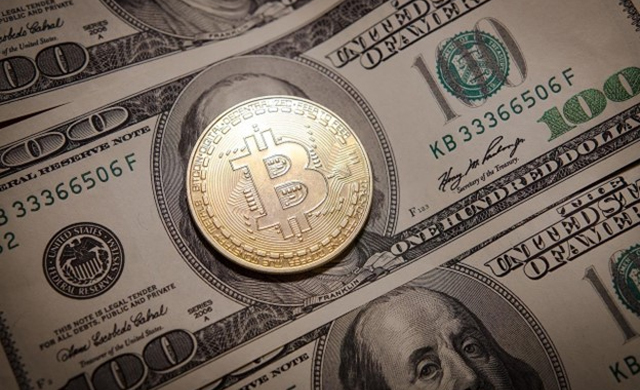Cryptocurrency has made its way into many aspects of modern life, from functioning as a financial resource to offering innovative opportunities in the world of blockchain integration. iGaming in particular has become quite popular, with players eagerly expecting the incorporation of crypto in traditional gaming franchises. It’s no surprise that Play-to-Earn (P2E) and non-fungible token (NFT) projects are quickly becoming industry staples – offering users new ways to earn rewards while having fun.

The junction of crypto and gaming is relatively new, yet it has potential to become a bigger market with plenty of promising opportunities just waiting to be discovered. Below are some of the effects of blockchain improving the gaming industry.
In-Game Purchases
Innovations like digital currency and gaming have presented gamers with an expansive selection of choices. Casinos, historically swift to adopt new technology, like Bodog Casino, a major influencer in the industry, permit users to utilize different crypto coins as payment method when playing various titles.
For gamers, the ability to buy in-game collectibles without having to work through third-party payment providers is a game changer. It can transform the way players interact with the games they love, how devs generate revenue off them and even shape the entire gaming sector going forward.
Safe & Secure Environment
Utilizing advanced encryption technology, such as the private-public key system, blockchain networks verifiably secure crypto token transactions to an optimal level. Leveraging the utmost power of contemporary computing, these cryptographic protocols render data infiltration close to impossible.
Decentralized blockchain tech has an edge over centralized systems when it comes to security. With no single, vulnerable server, hackers can’t ruin the entire network. Instead, separate databases are managed by the nodes (each node having all the info).
In the Internet age, cybercriminals have no way of altering the already recorded transactions on a certain network. Stopping these networks through a DDoS conduct is considered infeasible as blockchain networks base their security on reliable mechanisms such as ‘Proof of Work’ (POW) and other consensus algorithms.
In-Game Assets
Next up, this distributed ledger technology revolutionizes virtual ownership, offering competitive players the right to necessary goods through the utilization of smart contracts. Not only are transactions automatically executed in accordance to predefined conditions, but players can also transfer their assets to personal public addresses – a feature that provides an incredible degree of transparency and ensures everyone is held to the same standards.
To put it differently, cryptocurrencies such as Bitcoin provide gamers the ability to possess and retain their gaming progress and items on the blockchain instead of relying on centralized systems, allowing them to take full ownership of their virtual property, something not widely seen in modern video games.
Compatible Profiles of Players
Crypto traders and investors are able to make use of their public address when taking part in various blockchain networks. This allows them to have a unified presence across multiple games when using the same unique public address for their transactions if they are engaged in developing game titles with a blockchain basis.
With this capability, players can transition their digital currencies from one gaming application to another peacefully via a single shared wallet address.
Command Over Gaming Amplified
Creating a blockchain-based game as an entrepreneur or developer could involve opting for a Decentralized App (DApp) model, which is demonstrated by the game Axie Infinity.
DApps differ from other programs on a fundamental level, featuring unique qualities such as:
- Integrating a DApp requires a smart contract to power it in the back-end, while any language can be used to code the front-end.
- With blockchain tech located in a decentralized system, DApps are able to run smoothly.
- Crypto tokens built into a DApp are generated utilizing a standard cryptographic process, with no one holding the majority of those tokens.
- Utilizing blockchain tech, cryptographic methodologies are applied to securely store pertinent data for a decentralized application.
- Developing a decentralized application (DApp) requires that its underlying code base is open for everyone to see, inspect, and suggest changes to. Making the source code transparently accessible is a fundamental aspect of this type of programming.
- Autonomous DApps can only be tweaked with the overall consent of the participants. Any modification to the functioning of a DApp is only achievable when users in the community reach a unified agreement.
Besides that, the power to shut down or change a blockchain DApp game without a collective agreement is not allowed. This allows gamers more power over the game’s trajectory, which prevents surprise deactivation and resultant frustration.
Wrapping Up
It’s too early to accurately forecast the long-term effects of crypto on gaming, yet the signs point to real potential benefits for both consumers and developers, hinting at a promising future. As such, it’s certainly worth keeping an eye on, as only time will tell how significant its influence will be.

 Hot Features
Hot Features













